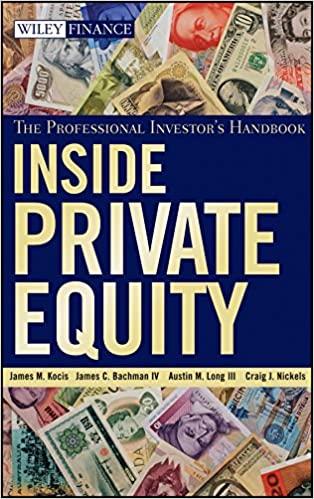Question
Consider the following table for a period of six years: Returns Year Large-Company Stocks U.S. Treasury Bills 1 16.29 % 7.61 % 2 26.95 8.15
Consider the following table for a period of six years:
| Returns | |||||||
| Year | Large-Company Stocks | U.S. Treasury Bills | |||||
| 1 | 16.29 | % | 7.61 | % | |||
| 2 | 26.95 | 8.15 | |||||
| 3 | 37.55 | 6.19 | |||||
| 4 | 24.25 | 6.67 | |||||
| 5 | 7.80 | 5.61 | |||||
| 6 | 6.89 | 8.12 | |||||
Calculate the arithmetic average returns for large-company stocks and T-bills over this time period. (Do not round intermediate calculations and enter your answers as a percent rounded to 2 decimal places, e.g., 32.16.)
| Arithmetic average returns | |
| Large-company stock | % |
| T-bills | % |
Calculate the standard deviation of the returns for large-company stocks and T-bills over this time period. (Do not round intermediate calculations and enter your answers as a percent rounded to 2 decimal places, e.g., 32.16.)
| Standard deviation | |
| Large-company stock | % |
| T-bills | % |
Calculate the observed risk premium in each year for the large-company stocks versus the T-bills. a. What was the arithmetic average risk premium over this period? (A negative answer should be indicated by a minus sign. Do not round intermediate calculations and enter your answer as a percent rounded to 2 decimal places, e.g., 32.16.) Average risk premium % b. What was the standard deviation of the risk premium over this period? (Do not round intermediate calculations and enter your answer as a percent rounded to 2 decimal places, e.g., 32.16.) Risk premium standard deviation
Step by Step Solution
There are 3 Steps involved in it
Step: 1

Get Instant Access to Expert-Tailored Solutions
See step-by-step solutions with expert insights and AI powered tools for academic success
Step: 2

Step: 3

Ace Your Homework with AI
Get the answers you need in no time with our AI-driven, step-by-step assistance
Get Started


